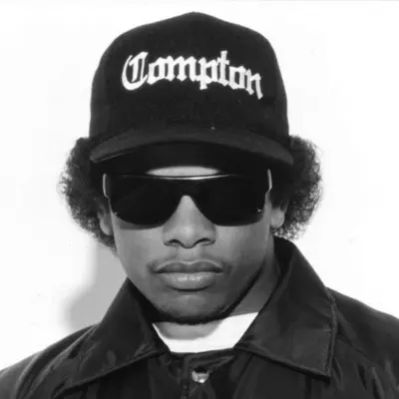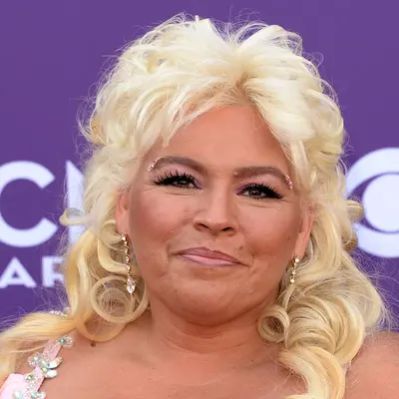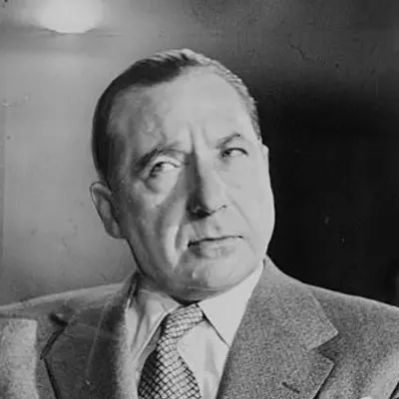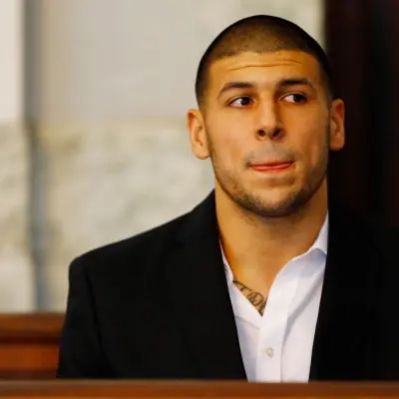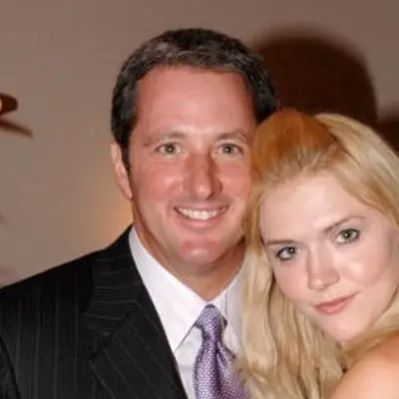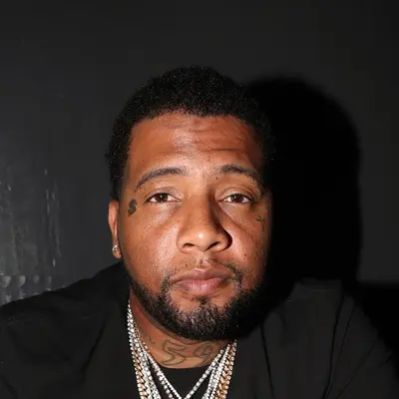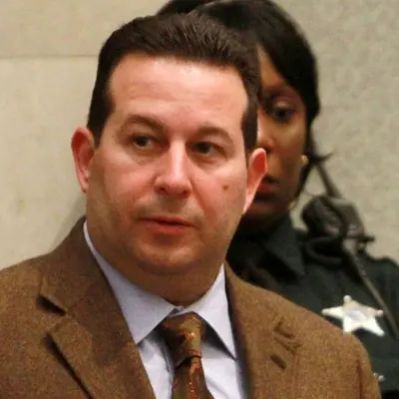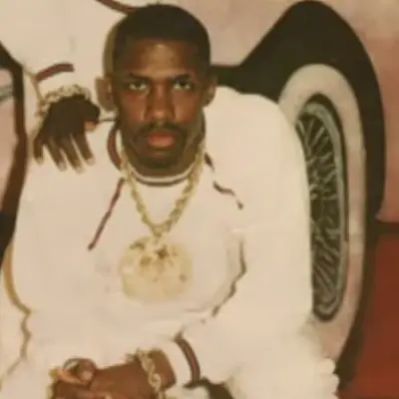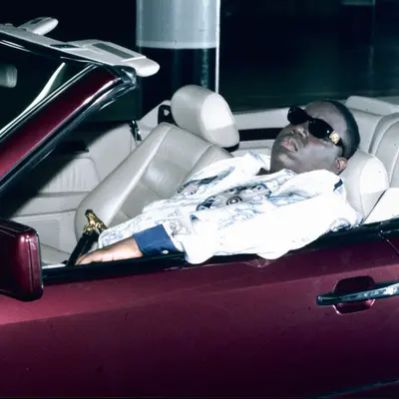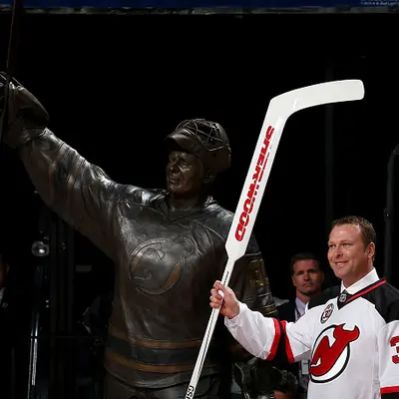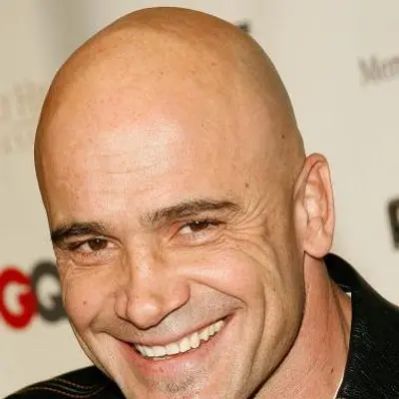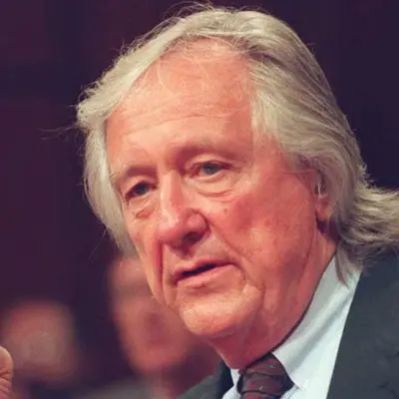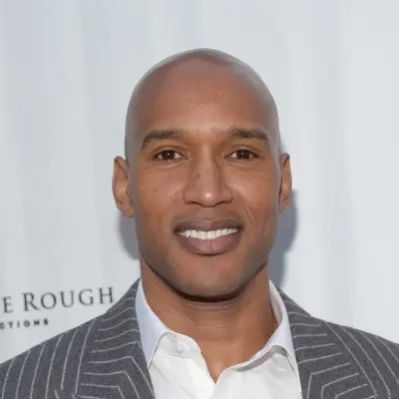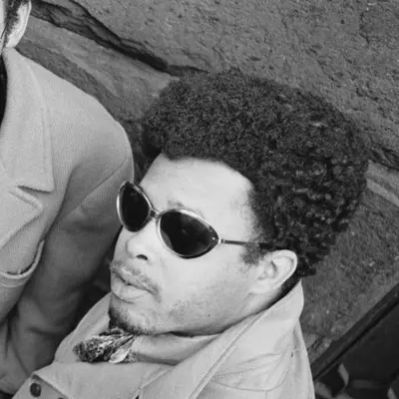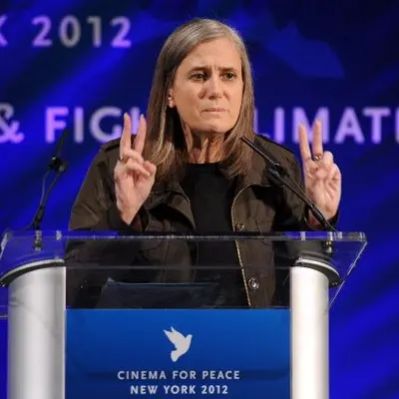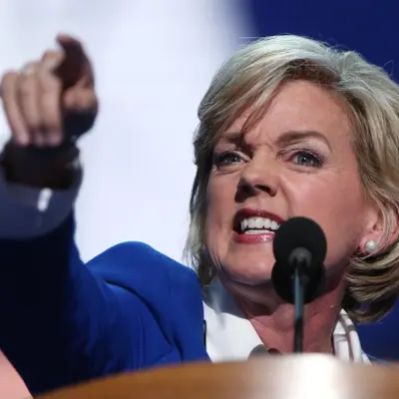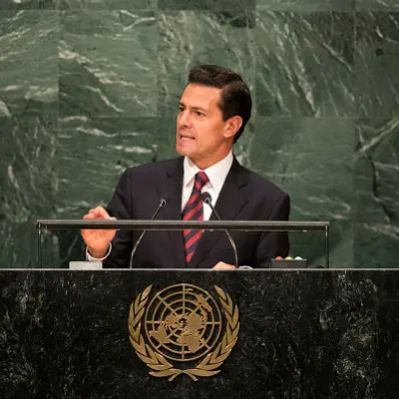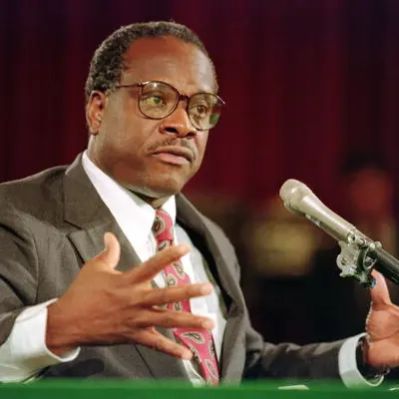What Is Big Meech’s Net Worth?
Demetrius Edward Flenory Sr., most famously known as “Big Meech,” has an estimated net worth of $500,000 as of 2025. While this figure represents his current financial standing, it is a stark contrast to the $100 million he reportedly amassed at the peak of his criminal career. His wealth was primarily generated through the Black Mafia Family (BMF), a drug trafficking organization he co-founded with his brother, Terry Lee Flenory.
The Rise and Fall of the Black Mafia Family
Big Meech’s journey began in Detroit, Michigan, where he was born on June 21, 1968. Growing up in a low-income neighborhood, he dropped out of high school and began selling drugs at a young age. Initially, he and his brother Terry started by selling $50 bags of cocaine. This small-time operation eventually evolved into the Black Mafia Family in the late 1980s. The BMF expanded its operations across the United States, establishing hubs in Atlanta, Georgia, and Los Angeles, California. By the early 2000s, the organization’s estimated illicit profits totaled $270 million, with approximately 500 people employed in its operations.
Big Meech managed the Atlanta operations, while his brother Terry oversaw the Los Angeles branch. At its peak, the Atlanta hub alone was moving 2,500 kilograms of cocaine monthly. To legitimize their operations, the brothers founded BMF Entertainment in 2000. This venture associated them with various hip-hop artists, including Young Jeezy. Other artists linked to BMF Entertainment included Bleu DaVinci, Calico Jonez, Nu Money, Baby D, Fee Money, and D-Boi.
The Drug Enforcement Administration (DEA) arrested the Flenory brothers in 2005. Both pleaded guilty to money laundering and drug trafficking charges, resulting in a 30-year federal prison sentence for each. This marked a significant turning point, bringing an end to the BMF’s reign and significantly impacting Big Meech’s accumulated wealth.
Legal Battles, Asset Seizures, and Prison Life
In 2005, Big Meech was arrested in Los Angeles. He faced charges including running a continuing criminal enterprise, money laundering, and conspiracy to distribute drugs. His extradition to Detroit was followed by three years of detainment without bail, culminating in his 30-year prison sentence.
During the investigation, authorities seized a substantial $21 million worth of assets tied to Big Meech. This included cash, jewelry, more than 30 vehicles, and 13 homes located across Detroit, Atlanta, and Los Angeles. The specific addresses of these properties have not been publicly disclosed.
While incarcerated, Big Meech maintained a notable public profile. Despite his imprisonment, rumors circulated regarding his lavish lifestyle and significant social media following. He also purportedly worked on an autobiography and a movie project based on his life. In 2020, his sentence was reduced as part of a federal prison reform initiative. Terry Flenory was released in 2020 due to COVID-19 concerns. In June 2021, a federal judge further reduced Meech’s sentence by three years for good behavior, setting his release for 2028 initially. Later, the release date was moved to sometime in 2025. He was serving his sentence at the Federal Correctional Institution in Sheridan, Oregon. Big Meech was released from prison on October 17, 2024, after serving nearly 20 years.
Media Portrayals and Legacy
Big Meech’s life and the story of the Black Mafia Family have been extensively documented in various media forms. In 2010, newspaper editor Mara Shalhoup published “BMF: The Rise and Fall of Big Meech and the Black Mafia Family,” providing a detailed account of the organization. He was also featured in the 2012 “American Gangster” documentary series, which profiled infamous criminals. In 2013, BET aired “BMF: The Rise and Fall of a Hip-Hop Drug Empire,” further chronicling the BMF’s history.
His name has been referenced in songs by artists such as Jay-Z, Rick Ross, and Young Jeezy. Big Meech remains a controversial figure, symbolizing the extravagance and dangers associated with the drug trade. Big Meech’s current net worth of $500,000 reflects the impact of his arrest and imprisonment on his once vast fortune.
Early Life and the Genesis of BMF
Demetrius Flenory’s early life was rooted in the challenging environment of Detroit, Michigan. Born on June 21, 1968, he grew up in a low-income neighborhood alongside his younger brother, Terry Lee Flenory, who would later become his partner in crime. The specific details of his childhood home address or school records are not publicly available. However, it is known that Demetrius dropped out of high school to pursue a life of drug dealing. The initial operations were small-scale, involving the sale of $50 bags of cocaine.
As the operation grew, the Flenory brothers recognized the need for a more organized structure. In the late 1980s, they established the Black Mafia Family (BMF), a criminal organization specializing in drug trafficking. This marked a turning point in their criminal careers and set the stage for their rise to prominence in the drug world. While the exact date and location of the BMF’s official formation remain undisclosed, it is clear that Detroit served as the birthplace of the organization.
Expansion and Operational Structure of BMF
In the early 1990s, Big Meech and his brother Terry relocated to Atlanta, Georgia. This move was strategic, allowing them to expand their drug distribution network across the United States. Atlanta became the central hub for BMF’s operations, while Los Angeles served as a secondary distribution point. The organization specialized in distributing cocaine and other drugs, rapidly becoming one of the most prominent drug cartels in the country.
Big Meech’s leadership was instrumental in the growth and success of BMF. He oversaw the day-to-day operations of the organization, managing a network of distributors and enforcers. His brother Terry, known as “Southwest T,” was responsible for managing the Los Angeles branch. Together, they controlled a vast drug trafficking empire that spanned multiple states.
At its peak, BMF was moving an estimated 2,500 kilograms of cocaine per month through the Atlanta hub alone. This volume of drug trafficking generated enormous profits, estimated at $270 million in illicit gains. The organization employed approximately 500 individuals, ranging from high-level distributors to street-level dealers.
BMF Entertainment and the Pursuit of Legitimacy
In 2000, the Flenory brothers sought to legitimize their operations by establishing BMF Entertainment. This venture aimed to transition their illicit wealth into legitimate businesses, using the music industry as a vehicle. They associated themselves with various hip-hop artists, including Young Jeezy, Bleu DaVinci, Calico Jonez, Nu Money, Baby D, Fee Money, and D-Boi.
While BMF Entertainment did achieve some success in the music industry, it ultimately failed to provide a credible cover for their criminal activities. The DEA investigation into BMF revealed that the entertainment company was primarily used for money laundering purposes.
Arrest, Trial, and Sentencing
The DEA’s investigation into the Black Mafia Family culminated in the arrest of Big Meech and his brother Terry in 2005. The case involved over 150 individuals and more than $270 million in drug proceeds. The Flenory brothers were charged with drug trafficking, money laundering, and running a continuing criminal enterprise.
After a lengthy trial, both Big Meech and Terry Flenory were convicted and sentenced to 30 years in federal prison. The sentence was a significant blow to their criminal empire, effectively ending their reign as drug kingpins.
Following his conviction, Big Meech was incarcerated at the Federal Correctional Institution in Sheridan, Oregon. While in prison, he continued to maintain a high profile, communicating with the outside world through social media and pursuing various projects. In 2020, his sentence was reduced to 360 months (30 years) as part of a federal prison reform initiative. He was eventually released on October 17, 2024, after serving nearly 20 years.
The Portrayal of Big Meech in Media
The story of Big Meech and the Black Mafia Family has captivated the public imagination, inspiring numerous books, documentaries, and TV shows. These media portrayals have contributed to his notoriety and cemented his place in popular culture.
One of the most notable works on the BMF is “BMF: The Rise and Fall of Big Meech and the Black Mafia Family” by Mara Shalhoup. This book provides a detailed account of the organization’s history, operations, and downfall. It offers insights into the lives of Big Meech and Terry Flenory, as well as the other key figures involved in the BMF.
Big Meech has also been featured in several documentaries and TV shows. In 2012, he appeared in the “American Gangster” documentary series, which explored the lives of some of the most infamous criminals in American history. The following year, BET aired the series “BMF: The Rise and Fall of a Hip-Hop Drug Empire,” which chronicled the BMF’s rise to power and its eventual demise.
Big Meech has become a cultural icon, his name frequently referenced in hip-hop music and other forms of media. He embodies the allure and dangers of the drug trade, representing both the potential for wealth and the inevitable consequences of a life of crime.
The Impact of Imprisonment on Net Worth
Big Meech’s imprisonment significantly impacted his net worth. The seizure of $21 million in assets by law enforcement effectively stripped him of a substantial portion of his wealth. While he may have retained some assets during his time in prison, it is unlikely that he was able to generate significant income. His net worth, which was once estimated at $100 million, has dwindled to an estimated $500,000.
It is important to note that the $500,000 net worth is an estimate. The true extent of Big Meech’s wealth is difficult to determine, as much of it was likely hidden or laundered through various channels. However, it is clear that his imprisonment has had a significant impact on his financial standing.
As of March 31, 2025, Big Meech is out of prison and potentially looking to rebuild his life. Whether he will be able to regain his former wealth remains to be seen. His past criminal activities will undoubtedly continue to cast a shadow over his future, making it difficult for him to engage in legitimate business ventures.
 Net Worth Ranker
Net Worth Ranker




